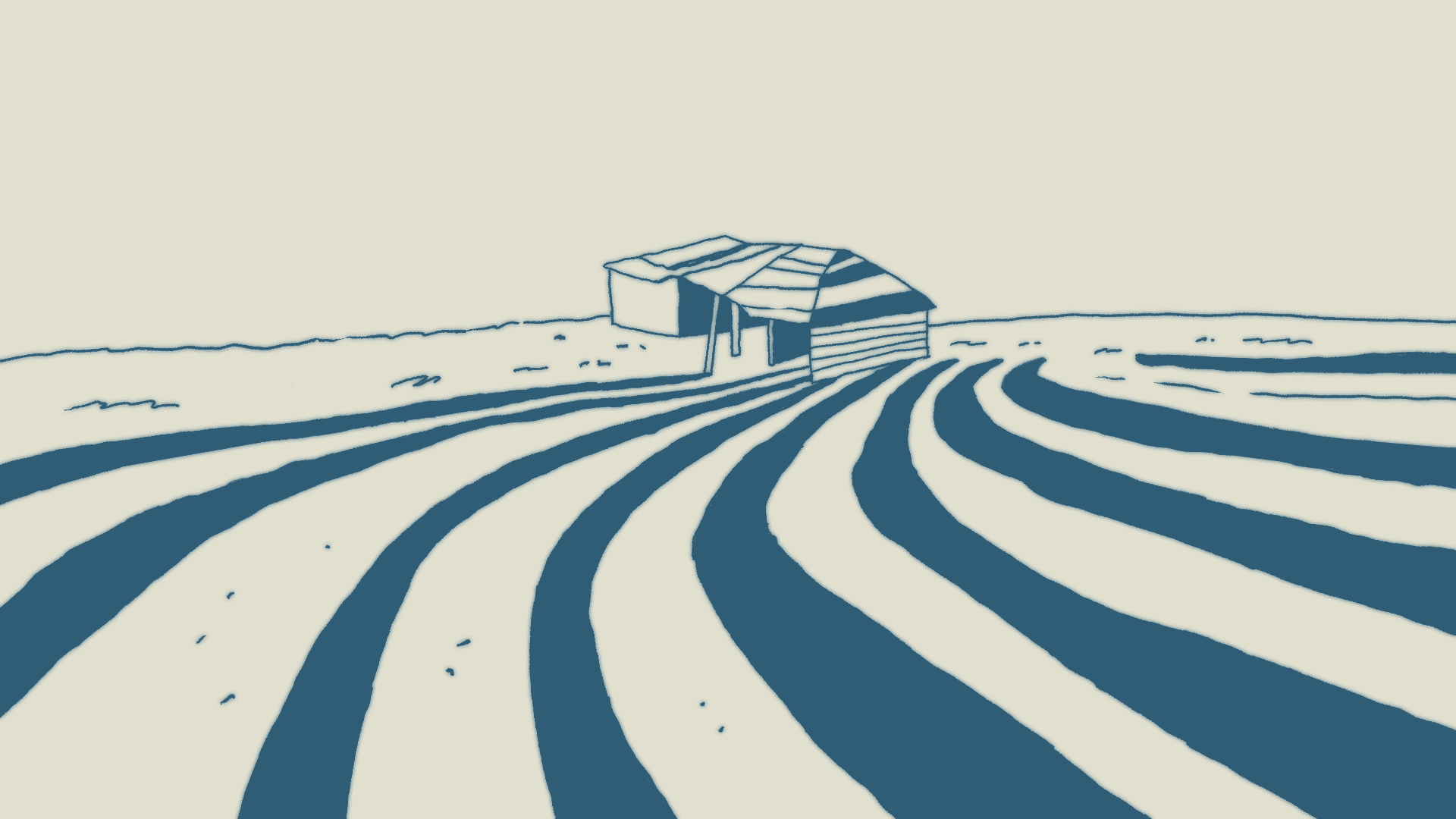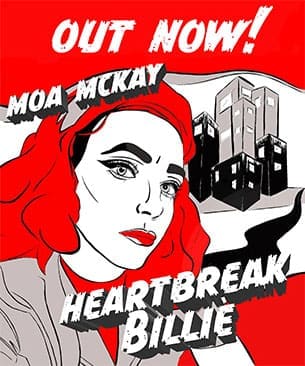Swilling around East Berlin in the 90s led me to come across Friedrichshain’s resident ragamuffin rock band Impure Thoughts.
They and their entourage were great guys (a mixture of crazy Scots and French people, with the odd American thrown in) and I spent many a whiskey-blurred evening in one dive bar or another in their company.
They had a folk alter-ego, Two Dollar Bash, and it is mostly from this coterie of talented musicians that, all these years later, a new outfit has formed, called themselves The Vengeful Cousins, and with multi-instrumentalist US-born Claude Cahn at the helm (who has a day job of being Human Rights officer at the UN), put out a 16-track album of acoustic ballads.
There’s something extremely satisfying in turning down the lights, pouring yourself a large whiskey and listening to a bunch of Celts and Gauls rolling, in a reassuringly sure-footed way, through some old-school balladry.
Not for the faint of heart, perhaps. But the whiskey helps.
I’ll let Claude Cahn take over and tell it from his point of view:
Where Have You Been
16 Ballads
An Album by The Vengeful Cousins
This is a record of ballads. It was made with some friends in various parts of Europe, in a cave in the attic of the building where I live, and in various other warrens and grottos around the continent. Some tracks were also recorded in Hamden, USA, in the Great State of Connecticut.
this is an idea more than 3 decades gestating
This project has been taking shape in my mind for quite some time. For example, when I was teaching English as a second language to 8th graders in 1991, I used to use “Long Black Veil” for teaching purposes and some of the girls would cry as we went into the lyrical content. So this is an idea like more than 3 decades gestating, admittedly most of it not very actively. It is also fitting that Long Black Veil comes first on this record, even though I recorded it on some pretty crappy microphones (I am hoping that listeners will agree that it has a certain AM radio sound to it).
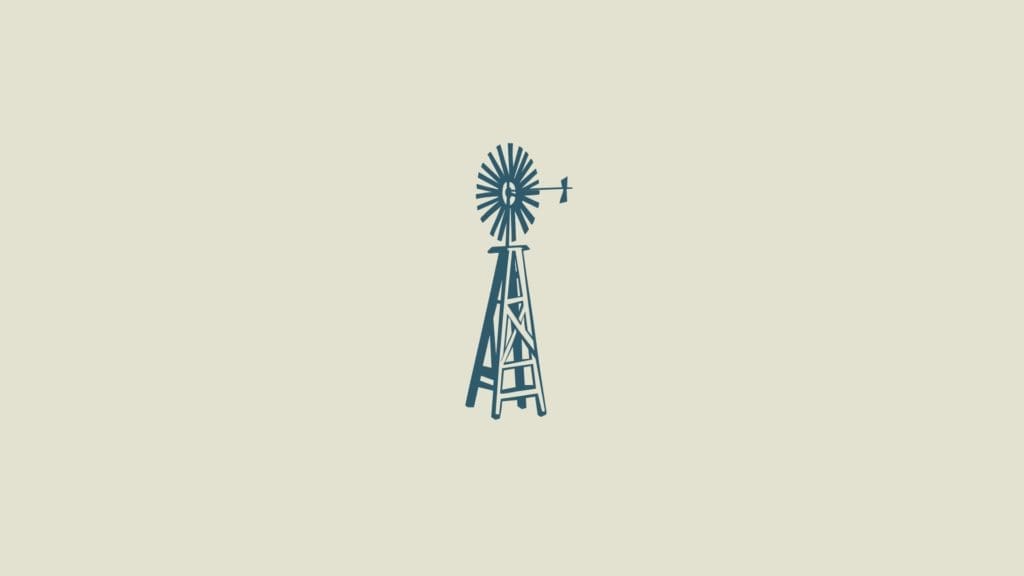
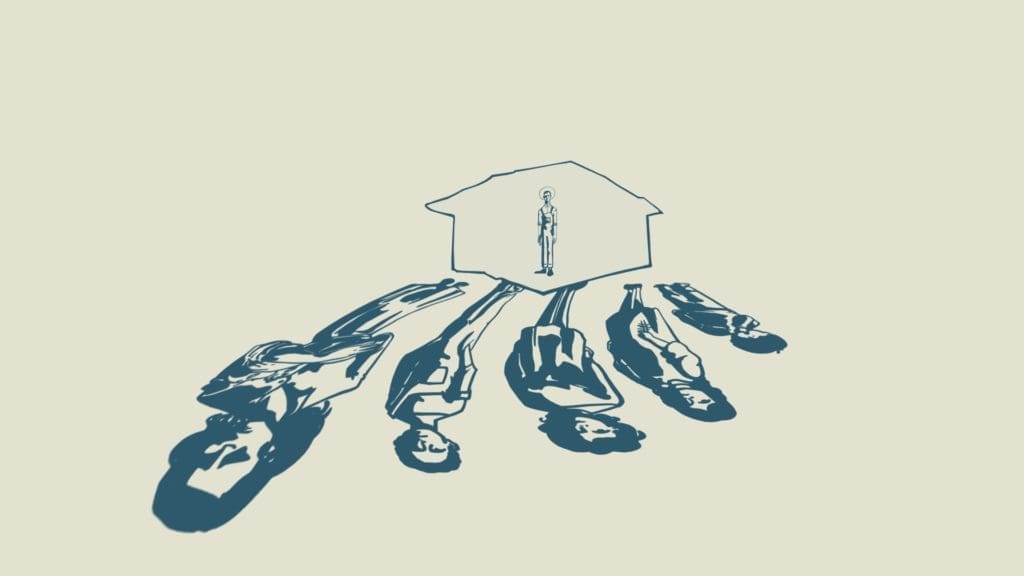
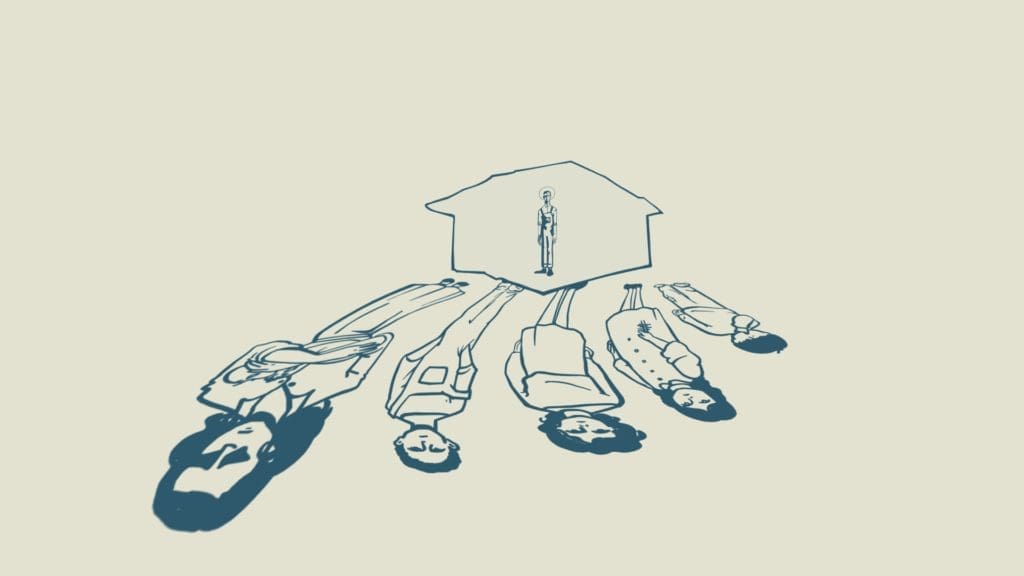
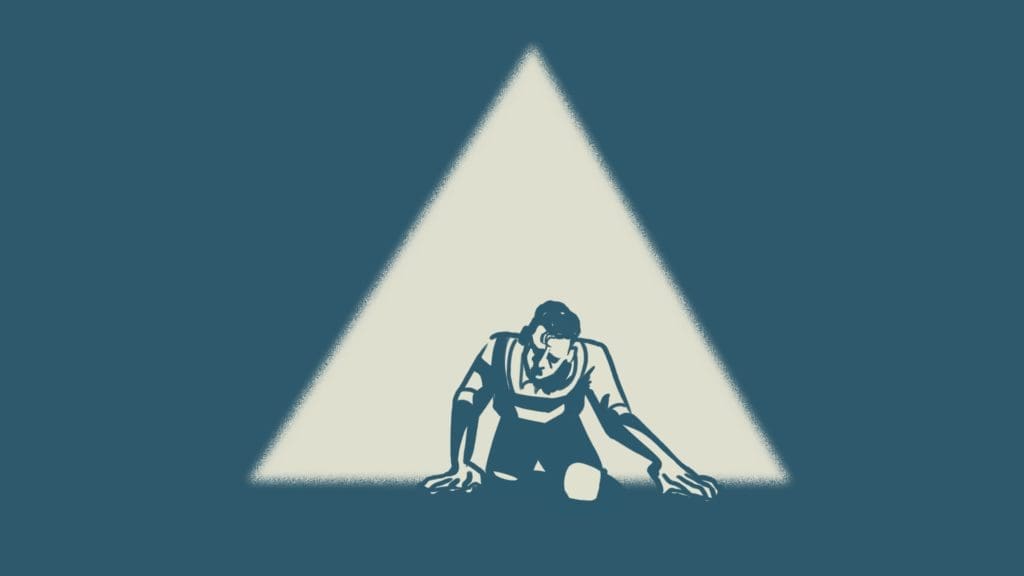
I and hordes of other hippies now have more extensive recording possibilities by a factor of at least 10 than those available to George Martin to record Sergeant Pepper’s
At the end of 2021 I asked on Facebook for favorite ballads. I got a number of really great responses, many of them far beyond my skill set. Around the same time, my wife Cosmina gave me as a present a recording gizmo. In my lifetime, sound recording technology has come down from a matter of tens of thousands of monies to a number of hundreds. I and hordes of other hippies now have more extensive recording possibilities by a factor of at least 10 than those available to George Martin to record Sergeant Pepper’s. This project was born as an effort to learn something about how to record music using this gear. So there is a certain monkey-with-a-typewriter aspect to this record.
In the same Facebook discussion, I described what I meant by a ballad as “a song which tells a story” or “a song with a certain narrative element”. I have this definition from Mrs. Reilly, my second grade teacher and a sadist, may she rest in peace. The remarkable Craig Edwards, himself an encyclopedia of the world’s music and a great pleasure to play old-timey with, offered this additional insight: a ballad, in Craig’s telling, are songs “that tell stories of things that happen when people don’t treat each other as they should, and also that refrain from directly instructing the listener on what the listener’s moral and ethical reaction should be.”
The power of these songs lies in their unrelenting depictions of human behavior in its range from selflessness and compassion to brutality
Ballads, then, according to Craig are a subset of wider story songs: “What distinguishes a ballad from other kinds of story songs is that the narration focusses on action and their emotional motivation, sometimes refraining from clearly depicting one character as the ‘hero’ and another as the ‘villain’. … The power of these songs lies in their unrelenting depictions of human behavior in its range from selflessness and compassion to brutality, self-regard and greed, and they function by leaving the listener to grapple with the implications without providing easy answers.”
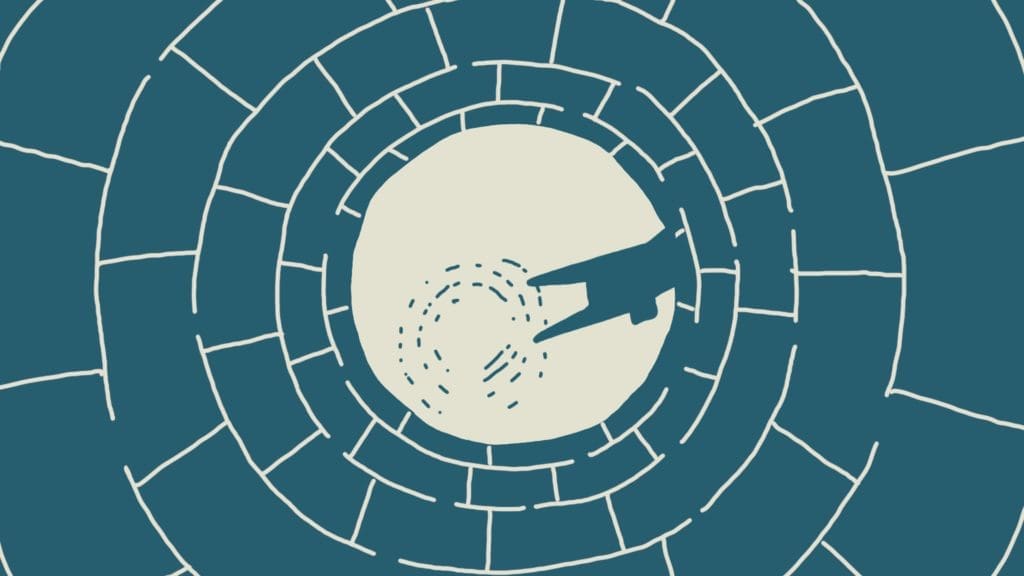



I find Craig’s definition utterly persuasive and insightful, illuminating art in a manner of which I have only limited capacity. It is thus with great regret that in the making of this record, we more-or-less binned Craig’s helpful insights and instead went with a “what-the-hell, if it sounds good, might as well do it” approach. I offer Orwell as justification: violate all rules rather than do something barbaric. Discerning listeners may notice that at least one of the “ballads” on this record has no words whatsoever.
“I’ll only do three”
Joe armstrong
Many people helped, but a special word is owed to my musical brother Joe Armstrong, who after initial reluctance threw himself into this project with great gusto. About half of the songs here depend on Joe (“I’ll only do three”).
The general idea was that I would do something on each of the tunes, but I think also that rule got dented in some places along the way.
This record is missing most of the world’s ballad traditions. It probably goes a little too thick on I-narration. So further volumes are, I hope, inevitable. But it has been a great trip in the making. In the end, I hope we made something good to listen to. The people involved take their music – and their stories – very seriously. Mainly this record has been about the joy of making music alone or with other people.
Choose your streaming service to listen to Where Have You Been: https://orcd.co/r98rd3p
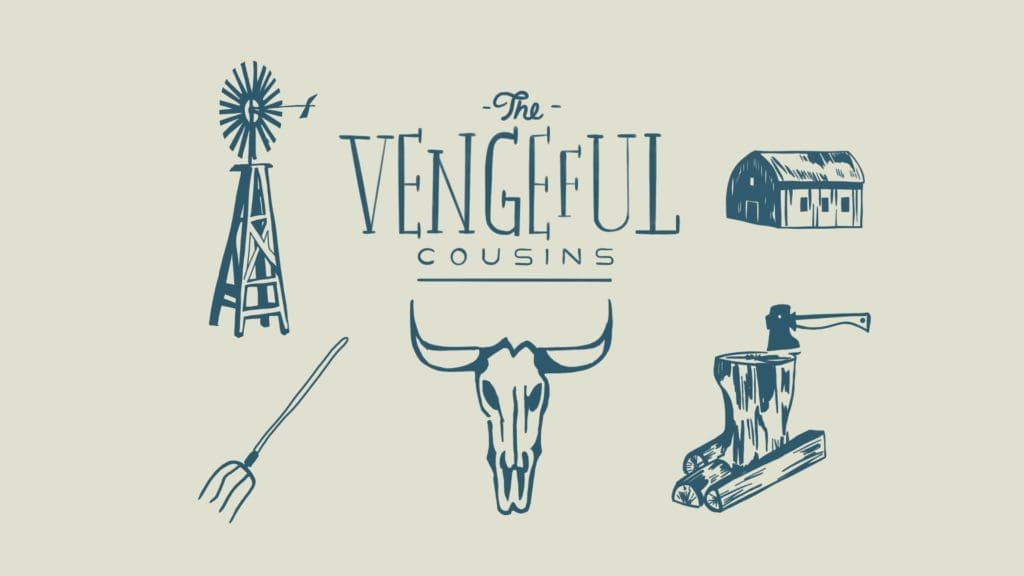

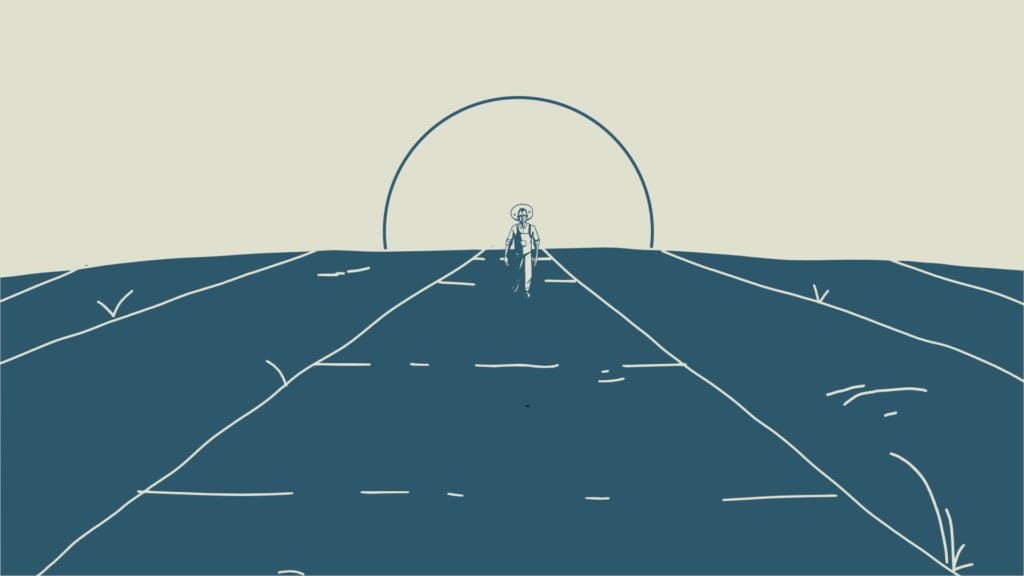
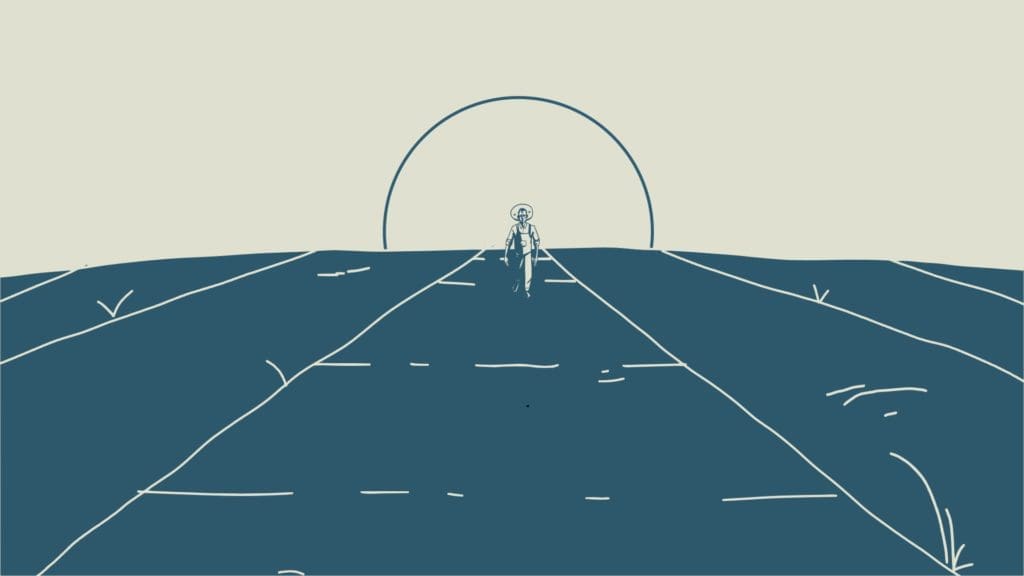
These recordings also pay homage: included are songwriters to whom I owe debts and not small ones — songwriters who raised me, emotionally, politically and poetically, as well as the dark resonant words and sounds of the distant past, beyond memory.
On this record, I play fiddle, guitar, mandolin, Irish bouzouki, percussion and I sing. Them who joined are:
Joe Armstrong: acoustic and electric guitars, bass, percussion, vocals
Christina Crowder: accordion and banjo: https://christinacrowder.cc/
Stéphane Doucerain: percussion
Marcus Fister: sound engineering, recording and mixing
Laura Kamp: banjo and vocals
John Lawlor: banjo, bodhran, vocals
Tom LeeWho: banjo
Kate McCullough: fiddle
Mark Mulholland: guitar, bass guitar, percussion, vocals, sound engineering, recording and mixing: https://markmulholland.net/
Tony Rose: acoustic guitar and vocals
Videos by Ana Diaz, Brightness Films (brightnessfilms.com) and Ana Cruz, Casiopea Estudio (casiopea.mx)
Artwork and design: Anthony Armstrong, Johannah Shai Cahn, Ana Cruz
Cover art: Ana Cruz, Estudio Casiopea (casiopea.mx)
In addition, this project benefited from comments, thoughts and guidance from Alix Bailey, Sean Condron, Craig Edwards, Marcus Fister, Gareth Fox, Jeremie Frabonie, Saul Fussiner, Cristina Pavesi, Tony Rose, Mark Mulholland, and above all my wife Cosmina Novacovici.
These are the songs:
- Long Black Veil (Marijohn Wilkin and Danny Dill)
- Hollis Brown (Bob Dylan)
- Time Slips Away (Willie Nelson)
- Beeswing (Richard Thompson)
- The Daemon Lover (traditional, arrangement of Alisdair Roberts)
- Jukebox Jed (Bill Hangley Jr.)
- Pitnacree Ferryman (traditional)
- When the Roses Bloom Again (Will Cobb and Gus Edwards)
- I Wish I Was in Glasgow (Billy Connolly)
- Little Sadie (traditional)
- By the Time I Get to Phoenix (Glen Campbell)
- Whiskey in the Jar (traditional)
- The Old Main Drag (Shane MacGowan)
- Big Country Blues (Townes Van Zandt)
- Pretty Boy Floyd (Woodie Guthrie)
- The Train Carrying Jimmie Rogers Home (Greg Brown)
Claude Cahn, Armistice Day 11 November 2022
claudecahn.net/music

